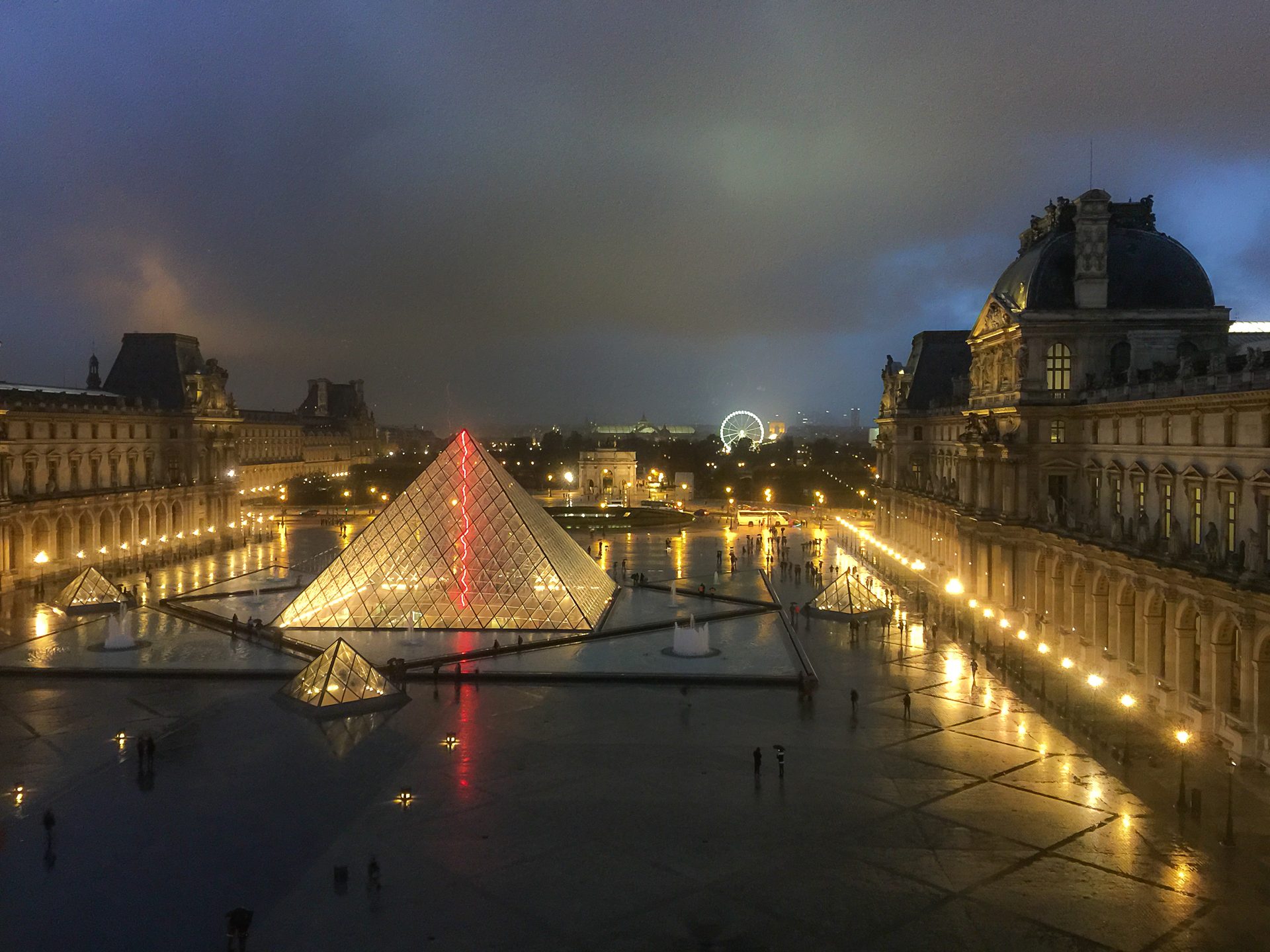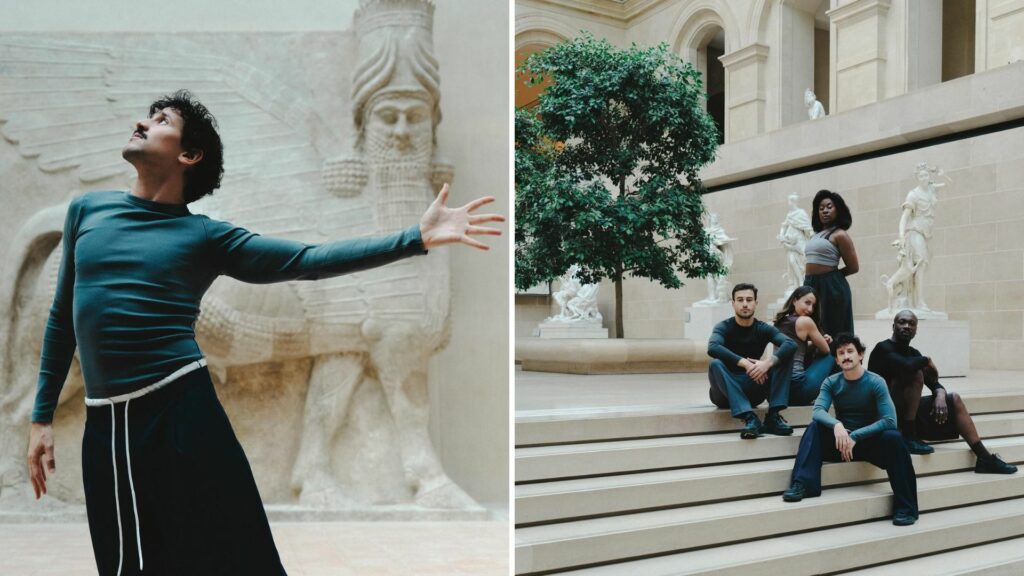In the final sprint up to this year's Paris Olympics, the renowned Musée du Louvre has decided to host morning yoga sessions and dance workouts amidst its ancient masterpieces.
To encourage those who wouldn't ordinarily visit the Musée du Louvre and to "bring the Olympic spirit into its halls", the world's largest museum is offering the public a series of brand new sports sessions, announced Louvre President Laurence des Cars on Tuesday, as reported on by RTBF.
"The Louvre is physically in the centre of Paris, and therefore at the centre of the Olympic Games," des Cars affirmed.
View this post on Instagram
The Louvre has therefore invited dancer and director of the Centre National Chorégraphique de Créteil, Mehdi Kerkouche, to devise a series of original and unusual museum visits. "How about turning the world's largest museum into the world's largest dance and sports hall?" Kerkouche posted on social media.
Each day at 08:00 before the museum opens, the choreographer promises an "exceptional morning workout" with his Emka Dance Project crew. There will also be yoga with Laure Dary, dancehall with Queensy BLAZIN', cardio with Léo Bordessoule and disco with Salim Bagayoko.
Kerkouche's aim is to whip up enthusiasm before the Games begin on 26 July. The sessions began on Wednesday 24 April and will be offered until 31 May – but are already completely sold out due to popular demand.

Claude Lévêque's 2014 installation at the Louvre.
As well as gaining access to the sports sessions, tickets also give visitors free admission to the museum's coinciding Olympic-themed exhibition.
The temporary exhibition also opened on Wednesday, and highlights how Antiquity and the Louvre were the "iconographic source" of the first modern Olympic Games, born in Athens in 1896 and then developed around Pierre de Coubertin.
Visitors will discover how the Games came into being in the late 19th century: the political context of the time, the iconographic sources on which they were based, and how the organisers set out to recreate the sporting competitions of ancient Greece.
Some 120 sculptures, vases, paintings, documents, photographs and films retrace the history of the Olympic Games, with stamps, posters, postcards and trophies created by Swiss draughtsman Emile Gilliéron, who was the official artist of the first modern games.
From 1924 to 2024
This summer will mark the third time that the French capital has hosted the Olympic Games. The first time was in 1900, and then again in 1924, when the Louvre hosted the session of the International Olympic Committee in the flats of Napoleon III.
100 years later, the museum will once again be lit up by the Olympic flame as it passes through its halls on 14 July. Its outdoor areas will also host the cycling events on 3 and 4 August and the marathon on 10 and 11 August, along with four other major museums (Centre Pompidou, Musée d'Orsay, Musée de l'Orangerie and Musée du Quai Branly-Jac).
The world-famous museum will remain open for the duration of the Olympic Games. Musée d'Orsay will also host a hip-hop parade and an Olympic ball, while the Centre Pompidou will host a skateboard installation on its forecourt. The opening ceremony is set to take place on the river Seine which runs past the Louvre.

